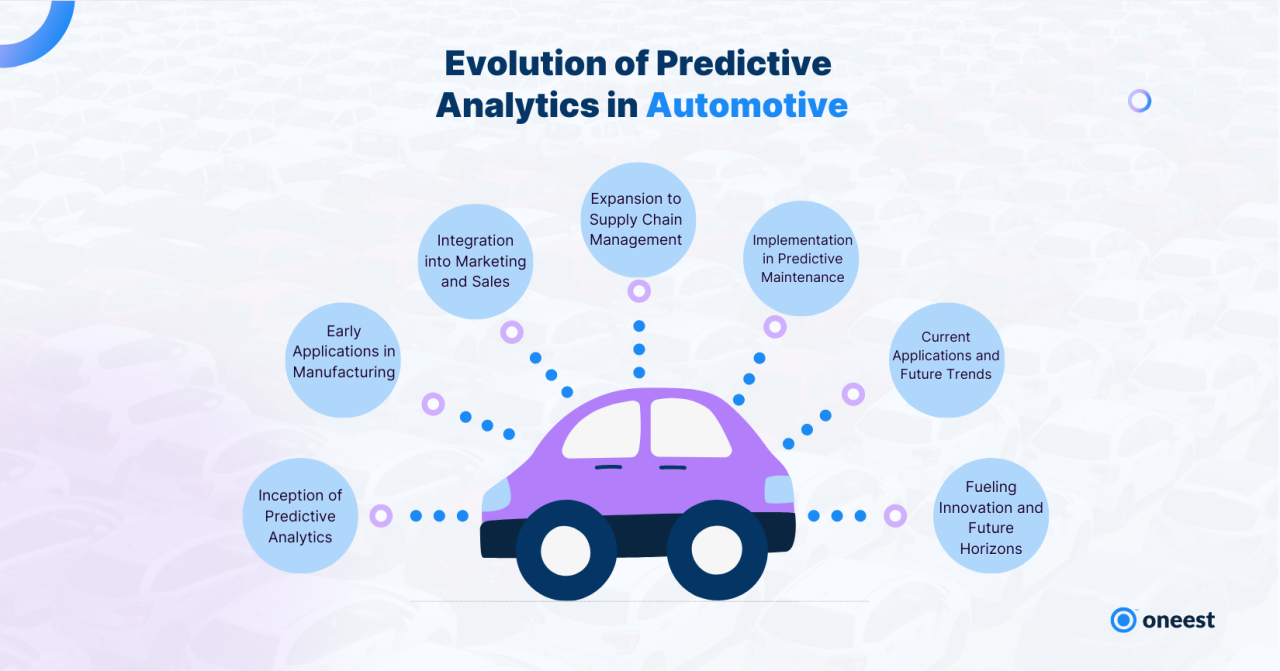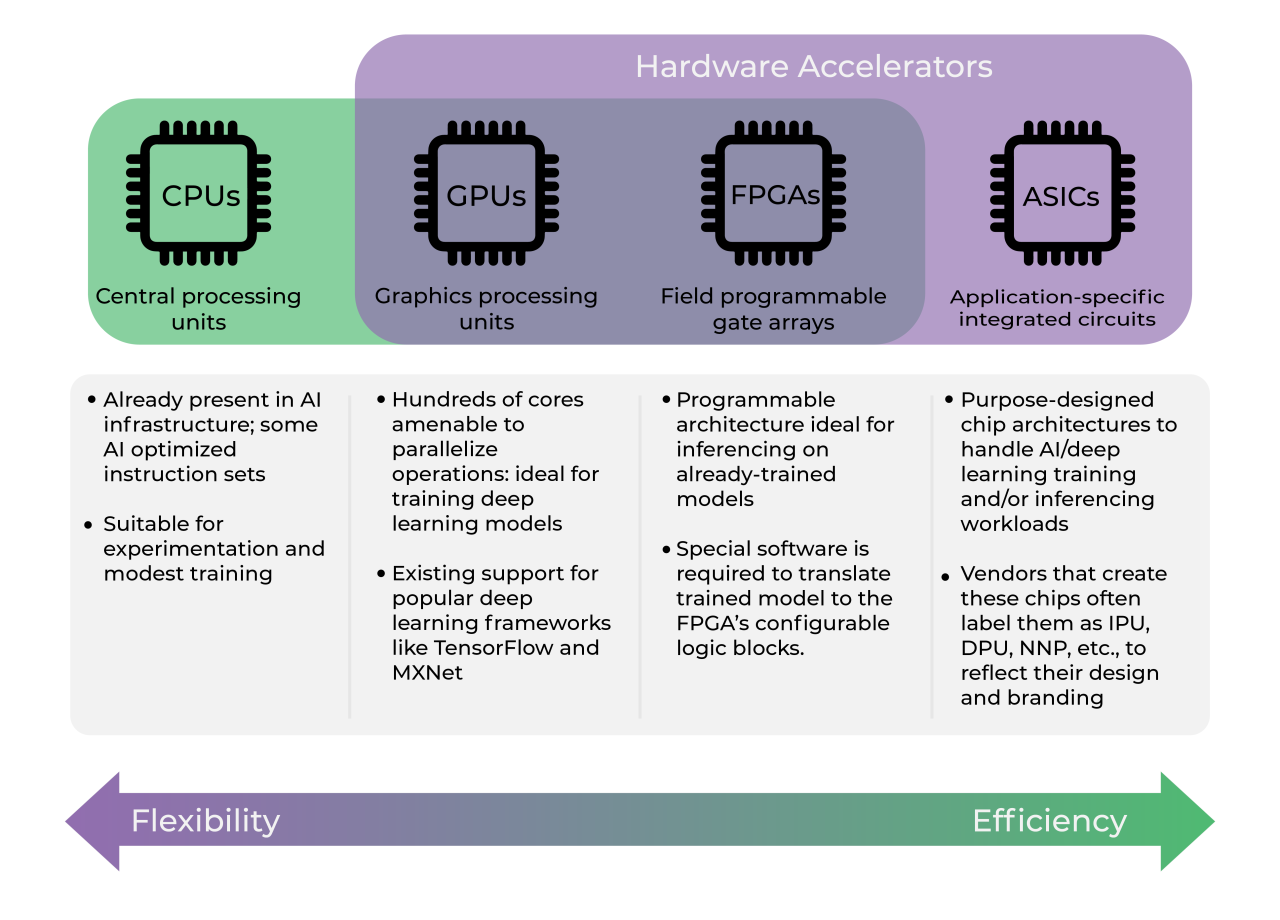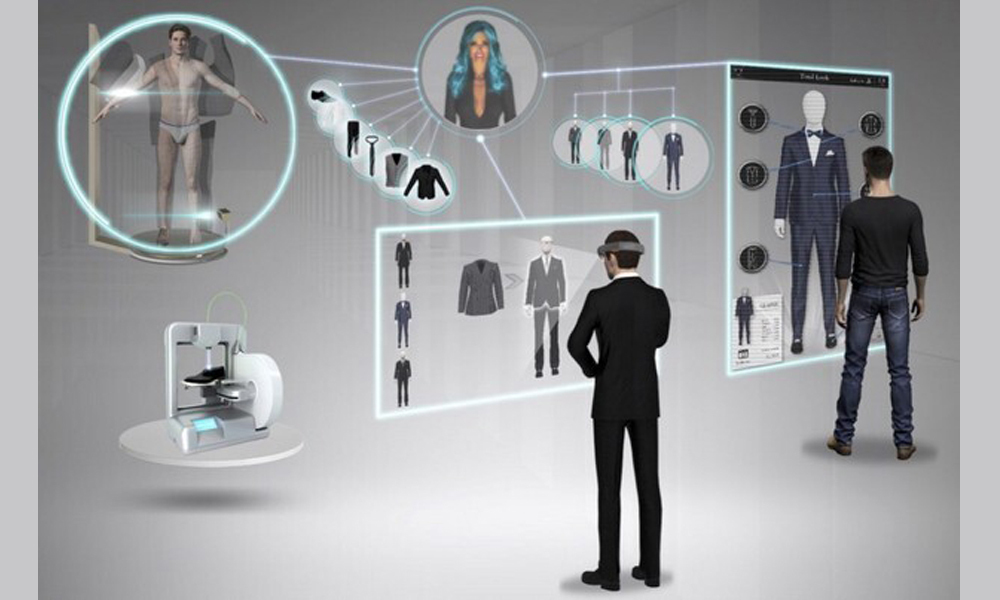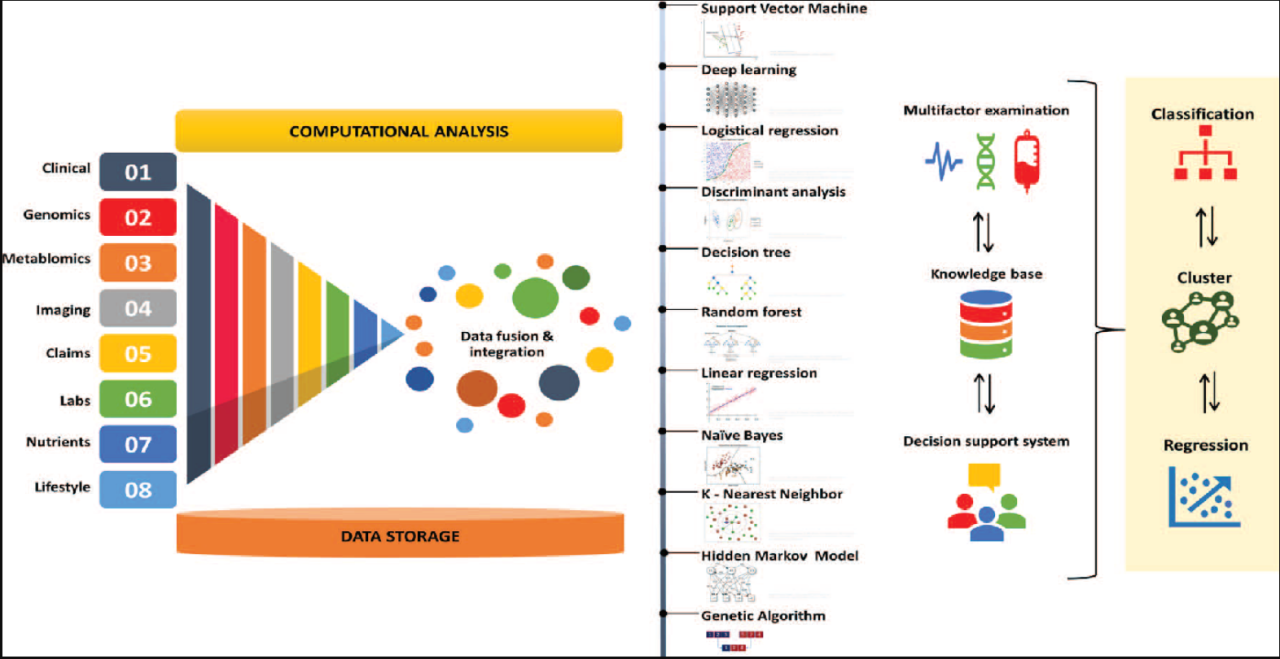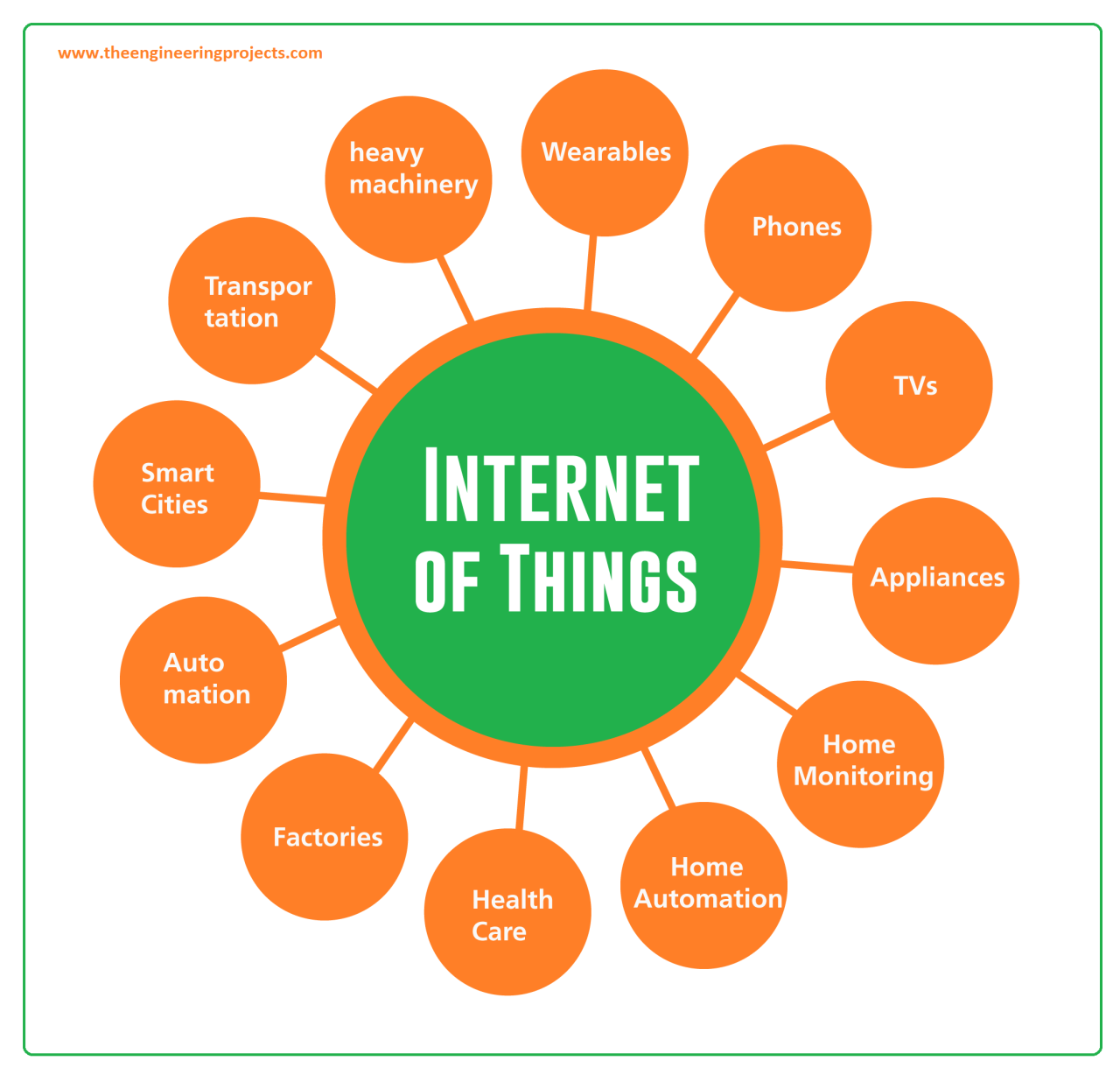Connected Car Data Privacy
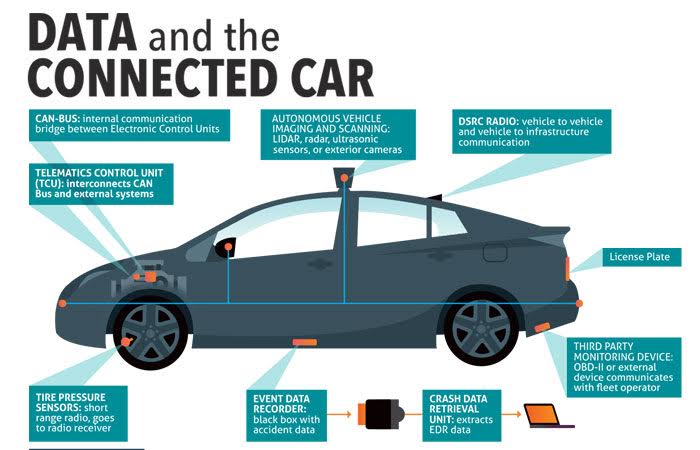
With Connected Car Data Privacy at the forefront, embark on a journey to explore the crucial aspects of protecting your data while on the road.
This topic delves into the significance of data privacy in connected vehicles, the risks of inadequate measures, types of data collected, privacy regulations, protection measures, consumer awareness, and control.
Overview of Connected Car Data Privacy
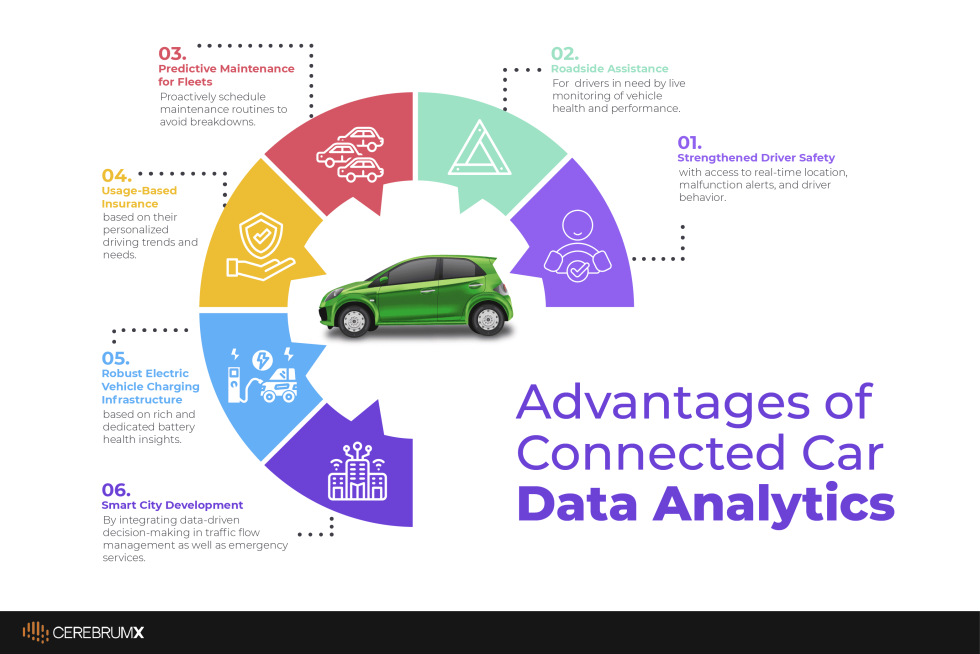
Connected car data privacy refers to the protection of personal and sensitive information collected by connected vehicles and ensuring that this data is not misused or compromised in any way. As cars become more technologically advanced, they gather a vast amount of data about the driver, passengers, vehicle performance, and even location.
Data privacy in connected vehicles is crucial for safeguarding individuals’ personal information from unauthorized access, hacking, or misuse. With the increasing connectivity in cars, there is a growing concern about the potential risks associated with inadequate data privacy measures.
The Importance of Data Privacy in Connected Vehicles, Connected Car Data Privacy
- Protecting Personal Information: Connected cars collect data such as driving habits, location history, and even biometric data. Ensuring data privacy is essential to prevent this information from falling into the wrong hands.
- Building Trust: By prioritizing data privacy, automakers and technology companies can build trust with consumers, assuring them that their information is secure and will not be exploited.
- Compliance with Regulations: Adhering to data privacy regulations and standards ensures that companies operating in the connected car ecosystem are following legal requirements and best practices.
Potential Risks of Inadequate Data Privacy Measures
- Identity Theft: Personal information stored in connected cars can be used by cybercriminals for identity theft and fraud.
- Unauthorized Tracking: Without proper data privacy controls, connected vehicles can be tracked without the driver’s consent, leading to privacy violations.
- Data Breaches: Inadequate security measures can result in data breaches, exposing sensitive information to malicious actors.
Types of Data Collected by Connected Cars
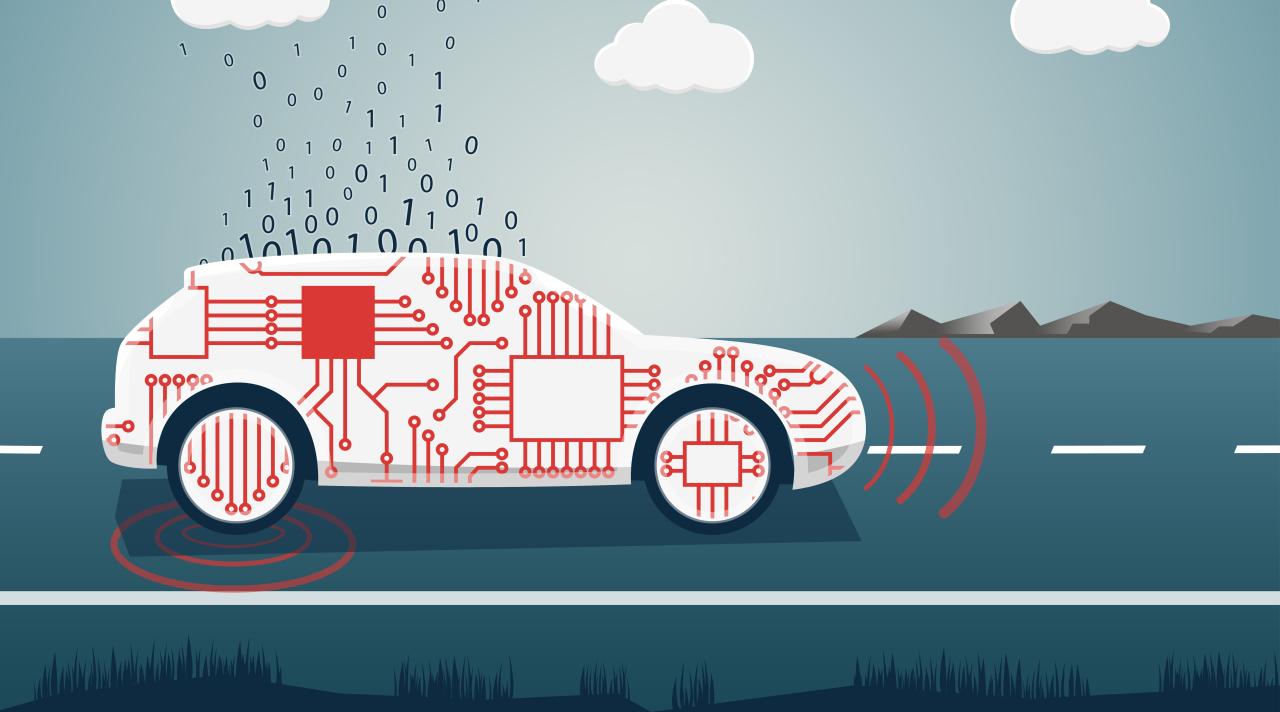
Connected cars are equipped with various sensors and technologies that collect a wide range of data to enhance the driving experience and improve vehicle performance. This data is generated and stored within the vehicle, raising concerns about privacy and security.
Location Data
Connected cars continuously track and record the location of the vehicle through GPS technology. This data is essential for navigation systems, traffic updates, and emergency services. However, the constant collection of location data raises privacy issues as it can reveal detailed information about an individual’s movements and routines.
Vehicle Performance Data
Connected cars also gather information about the vehicle’s performance, including speed, acceleration, braking patterns, and fuel efficiency. This data is used to monitor the health of the vehicle, provide maintenance alerts, and improve driving habits. While beneficial, the collection of vehicle performance data can also expose sensitive information about the driver’s behavior on the road.
Biometric Data
Some connected cars are equipped with biometric sensors that can track the driver’s vital signs, such as heart rate and stress levels. This data is intended to enhance safety by detecting driver fatigue or medical emergencies. However, the collection of biometric data raises concerns about privacy and consent, as it involves monitoring personal health information without explicit permission.
In-Car Audio and Video Data
Connected cars may also capture audio and video recordings inside the vehicle for various purposes, such as hands-free calling, entertainment systems, and security features. While these recordings can enhance the driving experience and provide valuable evidence in case of accidents, they also pose significant privacy risks if accessed or shared without the driver’s consent.
Communication Data
Connected cars have the capability to connect to external networks, such as Wi-Fi or cellular data, to enable features like remote diagnostics, software updates, and infotainment services. This connection generates communication data that includes browsing history, app usage, and personal preferences. The collection of communication data raises concerns about data security and the potential for unauthorized access to sensitive information.
Privacy Regulations and Laws

Privacy regulations and laws play a crucial role in safeguarding the data collected by connected cars. These regulations are designed to protect the privacy of individuals and ensure that their personal information is not misused or compromised. Let’s delve into the existing privacy regulations and laws related to connected car data privacy.
Comparison of Privacy Regulations in Different Regions
When it comes to privacy regulations for connected car data, different regions have varying laws in place. For example, the European Union’s General Data Protection Regulation (GDPR) sets strict guidelines for data protection and privacy. In the United States, laws like the California Consumer Privacy Act (CCPA) and the Federal Trade Commission Act govern data privacy. These regulations may differ in terms of scope, enforcement mechanisms, and penalties for non-compliance.
Challenges of Enforcing Privacy Laws for Connected Vehicles
Enforcing privacy laws in the context of connected vehicles poses various challenges. One of the main challenges is the complex nature of data flows in connected cars, which can involve multiple stakeholders such as car manufacturers, software developers, and third-party service providers. Ensuring compliance with privacy regulations across these different entities can be difficult. Additionally, the rapid pace of technological advancements in the automotive industry makes it challenging for regulators to keep up with evolving privacy concerns. Despite these challenges, it is crucial to continue strengthening privacy laws to protect consumer data in connected cars.
Privacy Protection Measures
In order to safeguard data privacy in connected cars, manufacturers implement various privacy protection measures to ensure the security of the data collected. Encryption and anonymization techniques play a crucial role in protecting sensitive information from unauthorized access. Additionally, emerging technologies and best practices are continuously being developed to enhance data privacy in connected vehicles.
Use of Encryption
Encryption is a key privacy protection measure used by manufacturers to secure data transmitted between connected cars and external servers. By encoding the data in a way that only authorized parties can decode it, encryption helps prevent unauthorized access to sensitive information. This ensures that personal data, location information, and other critical data are kept secure and confidential.
Anonymization Techniques
Anonymization techniques involve removing or altering personally identifiable information from the data collected by connected cars. By anonymizing data, manufacturers can protect user privacy while still utilizing the information for research and analysis purposes. This technique helps in preventing the identification of individuals based on their data, enhancing the overall privacy protection in connected vehicles.
Emerging Technologies for Data Privacy
Manufacturers are exploring new technologies to further enhance data privacy in connected cars. For example, secure multi-party computation allows different parties to jointly compute a function over their inputs without revealing their individual data. This technology ensures data privacy while enabling collaboration among multiple entities. Similarly, homomorphic encryption allows computations to be performed on encrypted data without decrypting it, maintaining the privacy of sensitive information.
Consumer Awareness and Control: Connected Car Data Privacy
Consumer awareness and control play a crucial role in safeguarding data privacy in connected cars. By being informed and proactive, consumers can take steps to protect their personal information and ensure their privacy is respected.
Role of Consumers in Safeguarding Their Data Privacy
- Regularly review privacy policies and terms of service provided by connected car manufacturers and service providers.
- Opt for minimum data sharing options and disable unnecessary data collection features.
- Stay informed about the latest privacy updates and security measures for connected vehicles.
- Report any suspicious activity or data breaches to the relevant authorities.
Tips for Consumers to Protect Their Privacy
- Enable two-factor authentication for connected car apps and services to add an extra layer of security.
- Use strong and unique passwords for all connected car accounts to prevent unauthorized access.
- Avoid connecting to unsecured Wi-Fi networks and use a Virtual Private Network (VPN) for secure internet browsing.
- Regularly update the software and firmware of connected car systems to patch any vulnerabilities.
Importance of Transparency and User Consent
Transparency and user consent are essential in data collection practices to ensure that consumers are aware of how their data is being used and have the option to provide informed consent. It is crucial for connected car manufacturers and service providers to be transparent about the types of data collected, how it is stored and shared, and obtain user consent before accessing or sharing any personal information.
FAQ Explained
How can I protect my data privacy in a connected car?
Ensure to regularly update software, avoid sharing sensitive information, and be cautious of third-party apps accessing your data.
What are the potential risks of inadequate data privacy measures in connected cars?
Inadequate measures can lead to unauthorized access to personal information, location tracking, and even vehicle control by malicious entities.
Why is consumer awareness important in connected car data privacy?
Consumers need to understand the risks and actively participate in protecting their data to prevent privacy breaches and unauthorized use of information.
